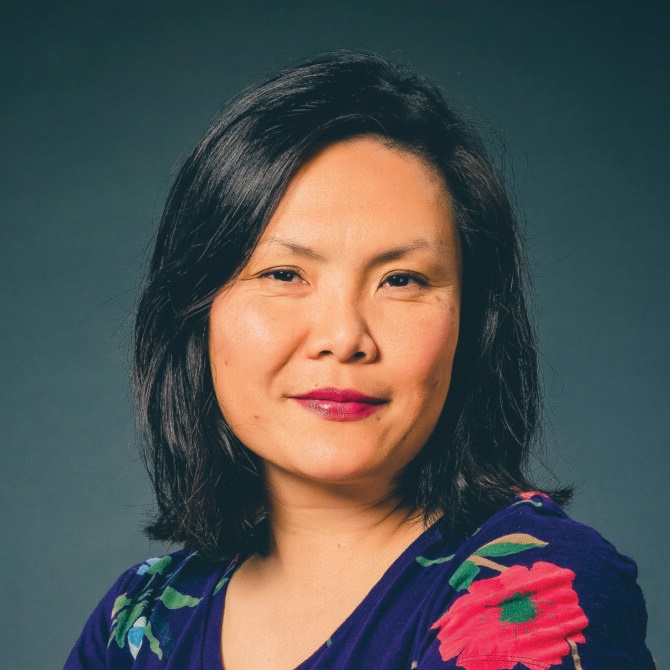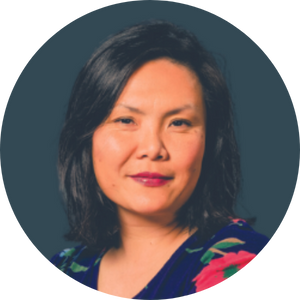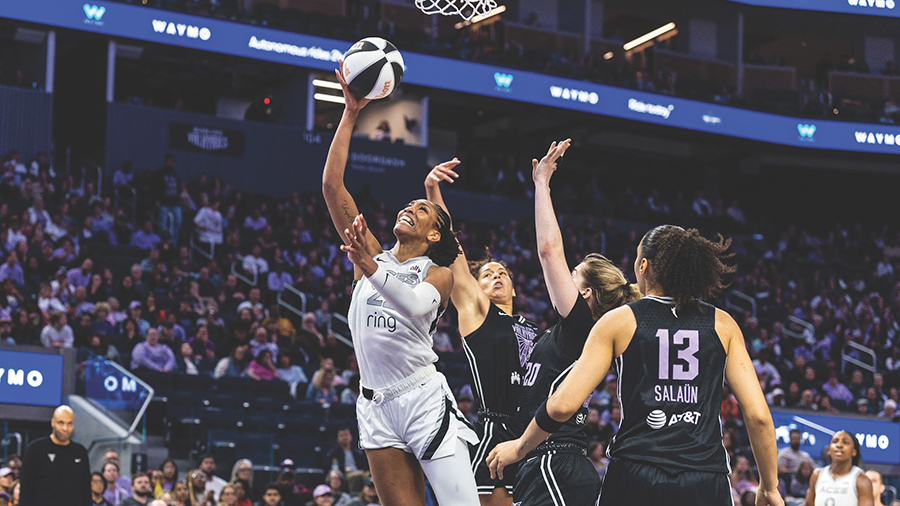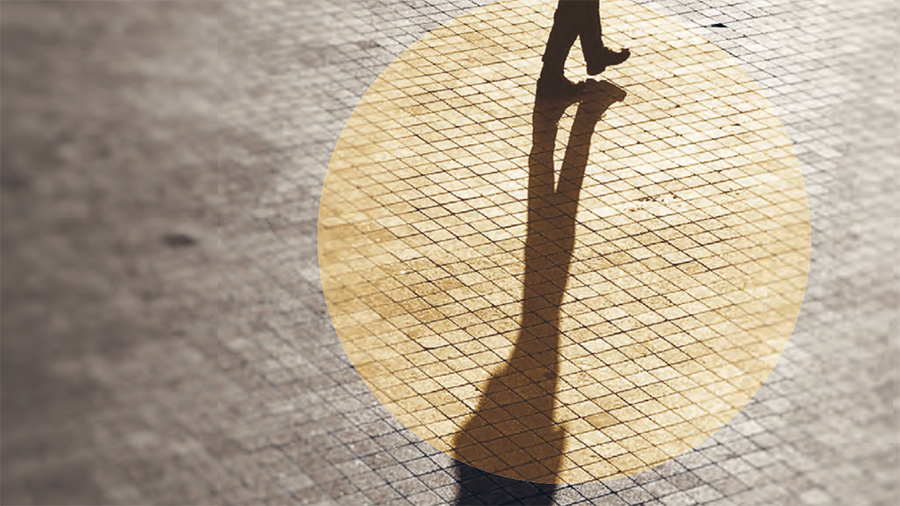We are in an era of daunting challenges – yet leaders may have more influence than they realize.
There’s a story about a boy walking on a beach where hundreds of starfish were stranded. As he walked, he started throwing them back into the ocean, one by one. He passed another person, who asked him, “What difference will it make? There are hundreds of starfish here.” The boy, tossing another into the water, simply replied, “It mattered to that starfish.”
In times of uncertainty and tremendous change, many of us feel exhausted and helpless, unsure how to make a difference. There is so much that we believe needs our attention, from our own families to our workplaces, to our society and the world at large.
So how can we really make a difference? I believe we need to make three shifts. Firstly, many of us need to reframe our concept of what it means to make a difference. Leaders are used to measuring impact through quantifiable metrics and KPIs. We constantly strive for larger numbers. Such measurements have their place, but they create a false dichotomy: we’re either making a massive difference, or none at all. Just because we’re not doing something at scale doesn’t mean we’re not making an impact.
A recent conversation with Louise Jackson, senior VP, people & talent of the Tony Blair Institute, reminded me of an important truth. Each of us is just a drop in the ocean – but every drop has a ripple effect that contributes to the whole ocean. At scale, we’re used to thinking in terms of numbers – and a statistic is just a statistic, until we remember that every number is a human being. It’s an issue that we often see in healthcare and education. We must bring the person back to the forefront of our thinking.
The second shift is to think about quality over quantity. A few years ago, a colleague invited me to speak to a social media class about audience growth. The students asked how they could get to a million followers. I asked in return: “Which is better: 10,000 followers, or 100 followers?” The students all responded with the higher figure. So I asked, “What if those 100 were CEOs and influencers with major followings?” Their perspective immediately shifted.
When I began on LinkedIn, I worried I would fail to build a good number of followers. But my husband asked me, “What if you are able to change how five people think? Would you view that as a success?” Of course, I said yes. His advice was simple: “Develop your content with the aim of helping one person.” Individual impact matters. Change starts with impacting other human beings, one at a time.
Third, we need to pay attention to sustaining our energy for meaningful change. How? Well, it helps to think about the differences that you can make, instead of the ones that you can’t. The power of small acts really does matter. That can help us sustain our energy; after all, if we’re unwell, we can’t be of help to anyone.
Baroness Manzila Uddin was the first Muslim woman appointed to Britain’s House of Lords. She has spent nearly three decades championing women’s equality and underserved communities. When I recently asked how she stayed motivated, she told me that real change happens through connections, one person at a time. It is shaped by small, meaningful moments. A conversation.
A helping hand. When we put a smile on another’s face, we can tap into a deeper source of energy.
Never discount the impact you can make on one person. Small moments of human interaction can have untold benefits. To make big changes, don’t overlook the value of starting small.




